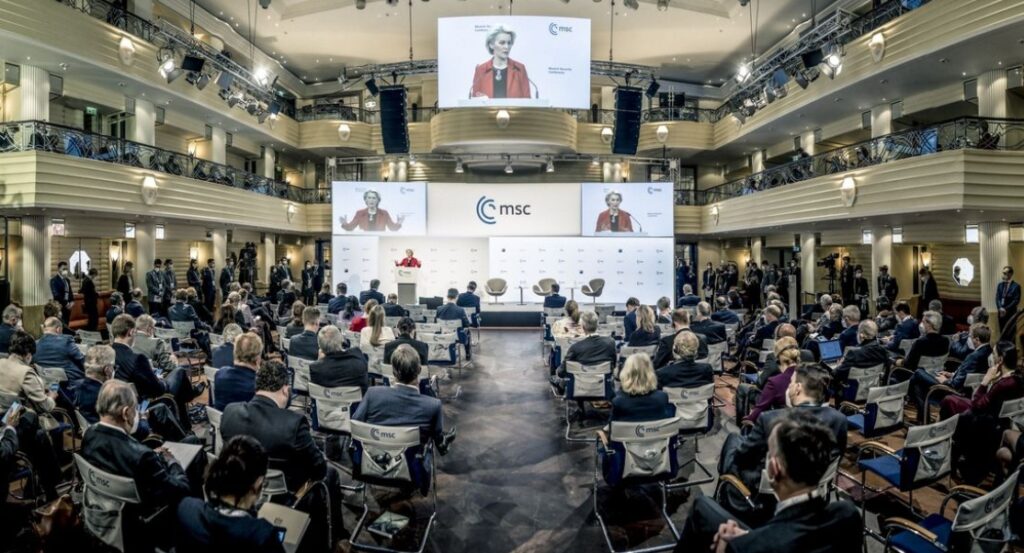Telcos companies are experiencing a decrease in investment due to the worsening economy

The telecommunications sector in Nigeria is facing significant challenges due to the country’s deteriorating economic conditions, which are putting a strain on the industry’s investments.
The sector, which is very important for Nigeria’s digital transformation and economic growth, is currently facing challenges in attracting and keeping investments due to decreasing revenues and increasing costs.
“According to Adeolu Ogunbanjo, the President of the National Association of Telecoms Subscribers, a majority of telecom components, like base stations, are mostly imported and need to be paid for in dollars.”
He argued that making a small change to tariffs would help telecom operators handle the increasing cost of imports and keep up the quality of their services.
The value of the Nigerian currency, the naira, has significantly decreased by about 98% compared to the US dollar since May 2023. This means that the exchange rate has gone from around N420 to N1500 per dollar, as reported by PricewaterCoopers.
This was caused by the removal of fuel subsidies and the consolidation of various foreign exchange windows into a single import and export window.
The exchange rate decreased to 1579.89/$ on Friday, compared to 1586.04/$ on Wednesday.
Gbenga Adebayo, the Chairman of the Association of Licensed Telecommunications Companies of Nigeria, recently shared his concerns about the future of the telecom industry in Nigeria given the current macroeconomic conditions.
Adebayo said that the industry is facing major challenges. One of the main issues is the lack of motivation for investment, which is due to the government not providing any concessions or incentives.
“It would be beneficial if operators could receive concessions and incentives from the government to encourage investment, but since that is not happening, it creates challenges,” he said.
The chairman of ALTON stressed that the industry has been engaged in discussions about ensuring sustainability for some time now. However, the current situation is becoming more and more urgent.
“We are starting to notice some signs of distress,” he cautioned.
Just recently, a group of telecom experts came together in Lagos for a town hall event organized by Financial Derivatives Company. The purpose of the event was to discuss the future of the telecommunications industry and how it will affect the Nigerian economy.
The CEO of Airtel Nigeria, Carl Cruz, talked about how the devaluation of the naira has affected the telecom industry. He mentioned that it has reduced the value of companies and put them under a lot of pressure for the past 18 months.
He said that they were currently having discussions about how quickly they should invest in the country, and they were worried about whether they would make enough money from those investments. Even though the operating environment was difficult, Cruz stayed positive and believed that investments would still happen, although at a slower rate.
“Investing in digital technology is crucial.” The industry is empowering and allows for growth and development. Our goal is to help other industries make a greater positive impact on society. We help people improve their connectivity and become part of financial and digital inclusion. “That will not stop,” Cruz said.
The Chief Executive Officer of MTN Nigeria, Karl Toriola, expressed his concern at the forum, stating that the situation would worsen for telcos due to a decline in investments caused by the deteriorating economic conditions.
He said that if the returns were not profitable, investments would not continue to decrease. He also mentioned that it would be unrealistic to expect investors to invest a dollar and only receive 66 cents in return.









